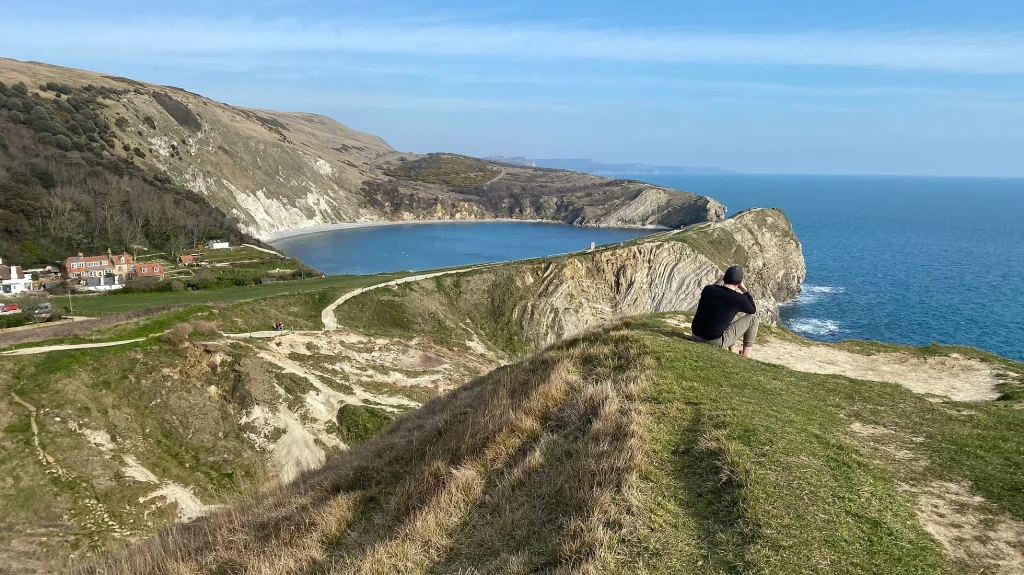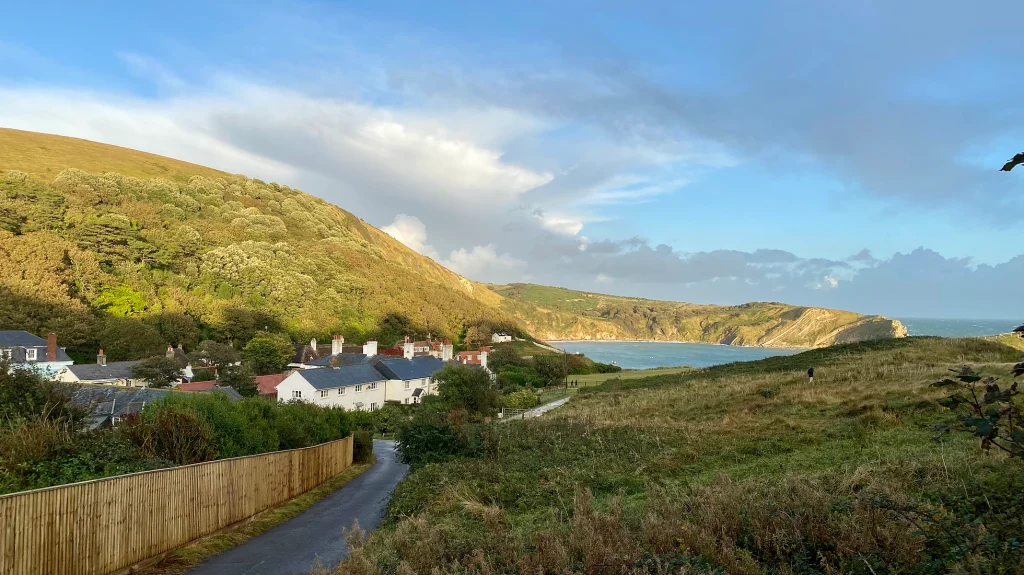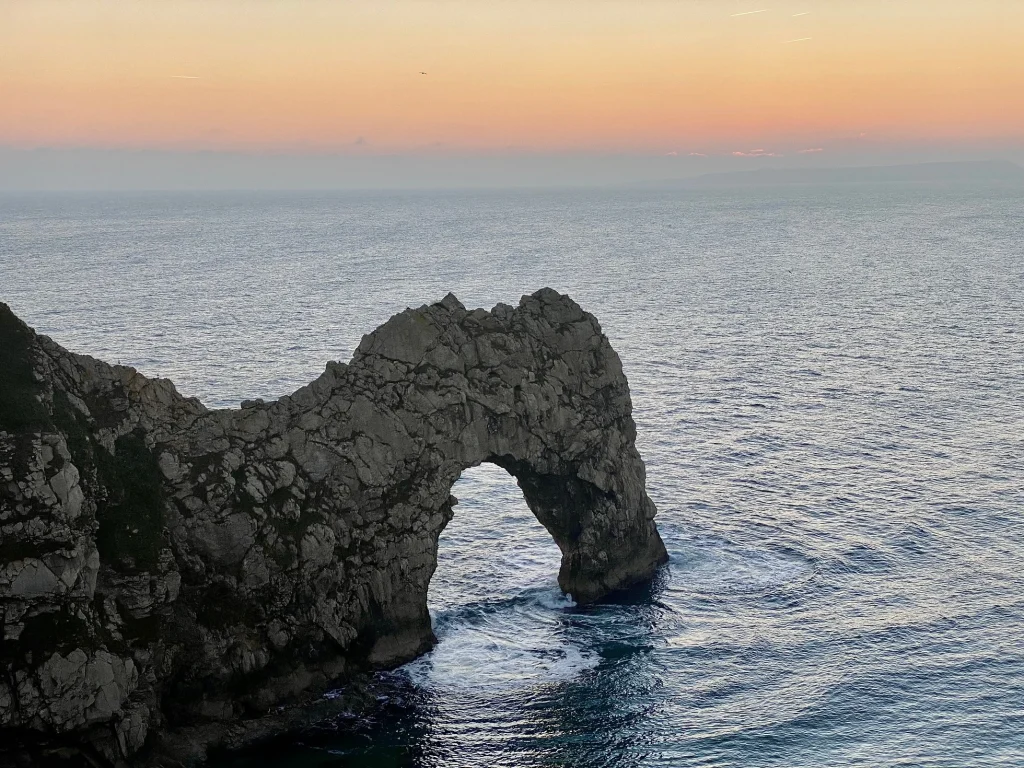LULWORTH COVE
Lulworth Cove is a scallop-shaped bay formed approximately 10,000 years ago at the end of the last Ice Age. A narrow wall of Portland Limestone was breached by the rising sea level, causing natural erosion of the soft clays and sands behind. Home to five distinct rock types and remarkable land forms, Lulworth is considered one of the best places in the world to study geology.
In the Middle Ages the cove supported a variety of industries including an abbey.
On the East side of Lulworth Cove is the 145 million-year-old Fossil Forest with visible fossilized plant remains. To the West is a dramatic walk over cliffs and along beaches from Stair Hole to Durdle Door. Durdle Door, with its famous natural stone arch, attracts large numbers of tourists who also come to enjoy the beach.
In 2001, the Jurassic Coast which begins in Exmouth, Devon and continues for 95 miles ending at Old Harry Rocks near Swanage, was granted World Heritage Site status by UNESCO for the outstanding universal value of its fossils, rocks and landforms. It is England’s only natural World Heritage Site.
Lulworth Cove and its surrounding areas offers a truly unforgettable holiday experience. With its blend of natural splendor and historical intrigue, it’s no surprise that Lulworth Cove remains such a popular destination.



Cinnabar Moths on Wild Echium at Weston
